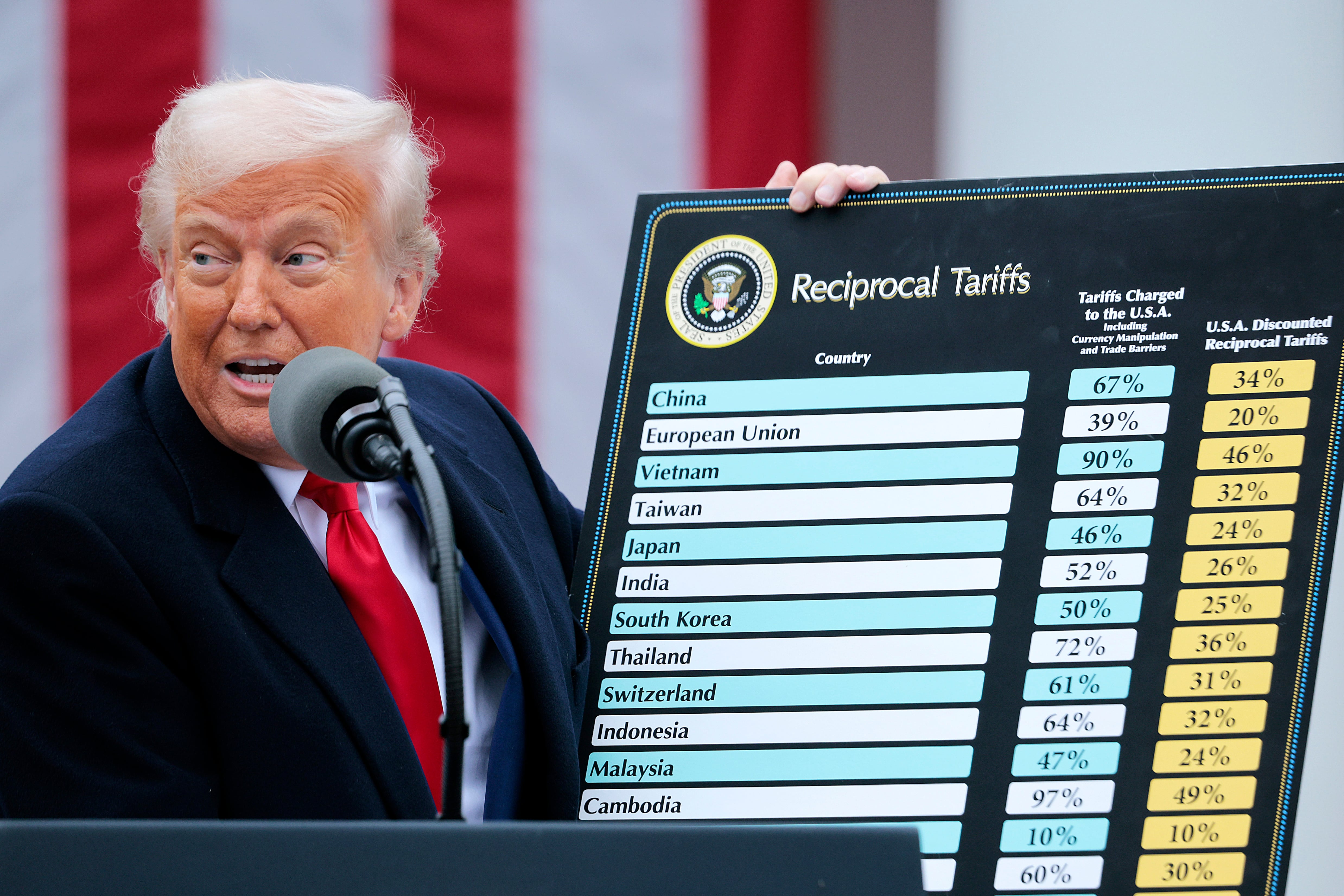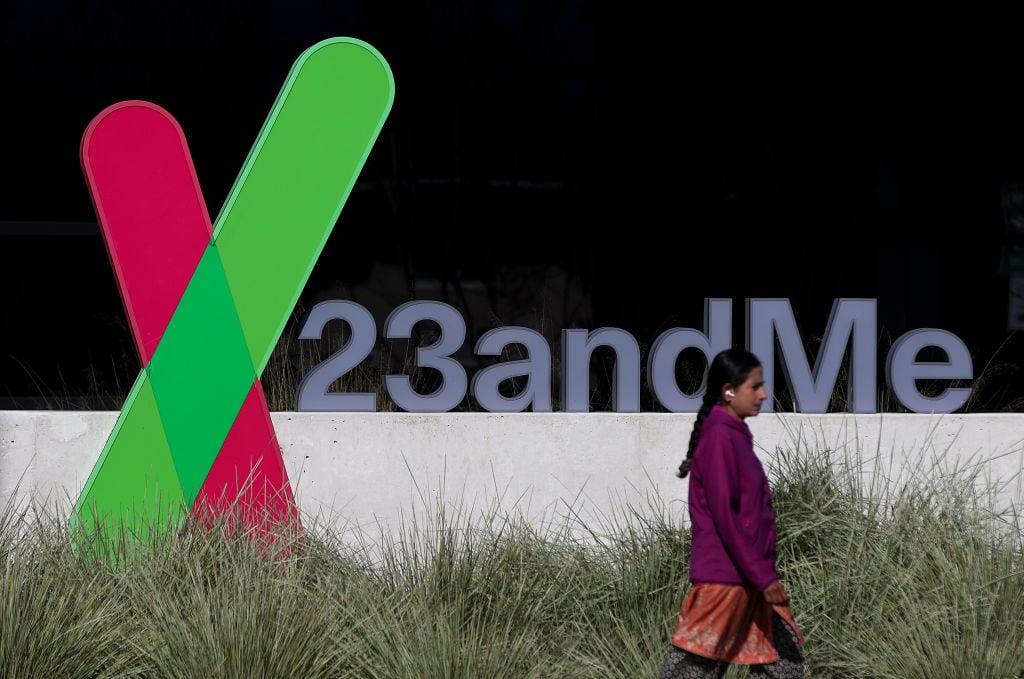*By Carlo Versano* In streaming years, online music service Pandora is ancient. Among the first platforms to offer a "freemium" product, the company, founded in 2000, now boasts 71 million active monthly users in a hyper-crowded industry and offers three tiers of membership: $10 and $5 per month, or free. Maybe conversely, it's that free, ad-supported tier ー which accounts for the vast majority of the platform's user base ー that has the most potential. While at the Mobile World Live conference, Pandora CEO Roger Lynch told Cheddar that audio is one of the few areas in digital advertising that hasn't been conquered by the Google-Facebook duopoly. Pandora, which gathers data from users' listening histories to recommend new music, is particularly qualified to explore new ways to offer targeted ads of varying length. That's the "next big frontier" in audio advertising, Lynch said. To that end, Pandora acquired the programmatic ad tech firm AdsWizz for $145 million earlier this year. For consumers, the personalized data-driven ad model that dominates text and video ads online, would mean shorter audio commercials ー think four minutes an hour on Pandora compared to 20 on terrestrial radio, Lynch said. Pandora also teamed up with Snap to allow Snapchat users to share songs seamlessly, even if they didn't subscribe to the same music services. "We're trying to make \[music\] a lot more social," Lynch said. For full interview [click here](https://cheddar.com/videos/how-pandora-plans-to-stay-on-top-in-streaming-wars).












